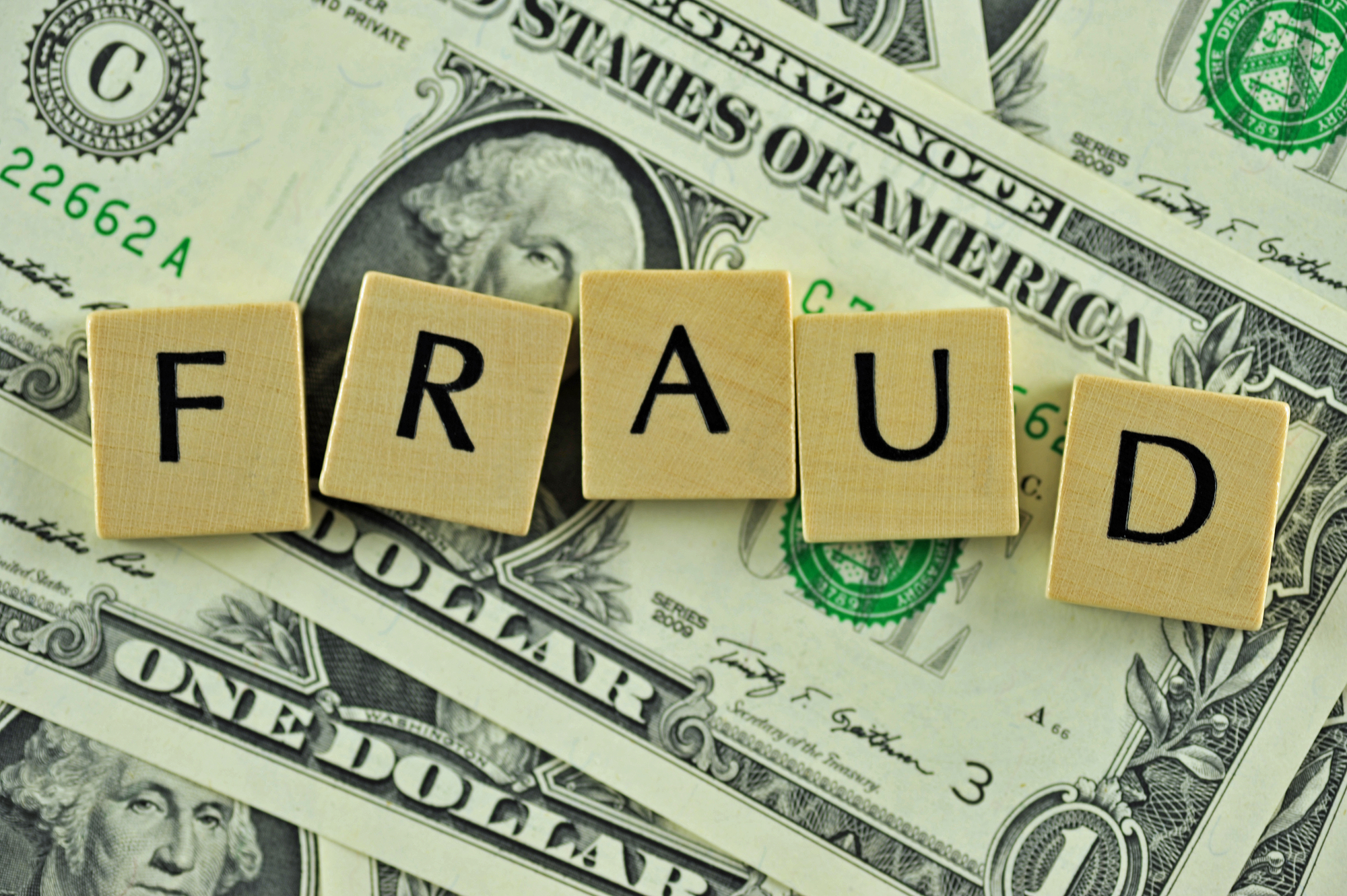What is Fraud?

Fraud Bail Bond
Fraud commonly occurs when a misrepresentation of a matter of fact is done to gain something of value from the victim, such as money or property. Fraud can happen during the buying or selling of a property, or by falsifying reports – taxes or Medicare claims – to obtain a benefit from the federal government or the state.
Fraud is a criminal charge, but can also appear in other charges as the means used to commit other crimes, like identity theft, when the accused stole another’s personal information to defraud the victim. Fraud goes hand in hand with scheming, which is done through a large-scale plan or arrangement for obtaining something or setting into motion certain events.
What Are the Types of Fraud?
Consumer fraud
Consumer fraud involves cases where consumers are the ones being defrauded. This category includes theft, credit card, telemarketing scams, Ponzi schemes, and check fraud. It can also include using the mail, phone or the internet to defraud people.
Employee fraud
Employee fraud happens when an employee violates their fiduciary duties to the company or the clients of the same by appropriating funds, accepting bribes, or selling trade secrets.
Government or businesses fraud
Government or business fraud include tax fraud, healthcare fraud, bankruptcy fraud, insurance fraud, and welfare fraud.
Is Fraud Considered a Felony or a Misdemeanor?
Fraud can be determined as a felony or a misdemeanor, but it can vary widely depending on the type of fraud and the amount of money involved; even so, fraud is mainly considered a felony charge with a potential of six months to five years.
For example, under California Civil Code 2945.4, foreclosure fraud can be charged as a misdemeanor or felony depending on the circumstances of the case and past criminal history. A misdemeanor foreclosure fraud conviction is punishable by up to one year in county jail and a $10,000 fine.
Misdemeanor vs. Felony
Misdemeanors are punishable by substantial fines or jail time, but most misdemeanors are adjudicated in a shortened trial; and if the defendant is going to serve any jail term, then it would most likely be served in a local or county jail. On the other hand, a felony is the more serious type of crime and is often classified by degrees – being the first one the most serious. A felony is punishable by substantial fines and prison sentences that exceed the year. If a defendant is convicted of a felony, then jail time will be served in a state or federal correctional institution.
Fraud Bail Bonds – Get Out of Jail (800) 224-5911!
Does someone you know has been arrested for fraud? Don’t think it twice and let us be one of your options, and luckily, the only one. Call our bail bonds company today.

